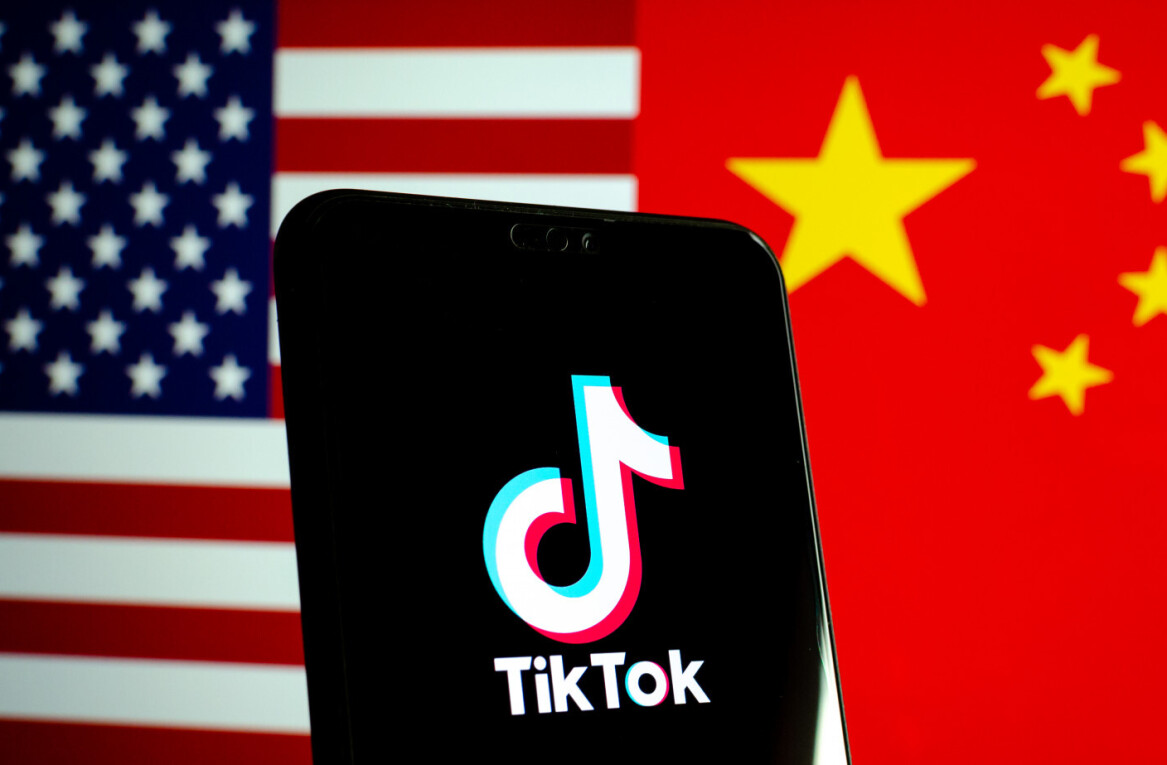
 The greatest strength of cloud computing can also viewed as its biggest weakness: data in the cloud is easy to access from anywhere, but only if you can get to it. It wasn’t that long ago that the future of GeoCities looked bright, especially after it was bought out by Yahoo. Today, all those wonderful mid-‘90s websites are history. Can we find a better way to preserve online information?
The greatest strength of cloud computing can also viewed as its biggest weakness: data in the cloud is easy to access from anywhere, but only if you can get to it. It wasn’t that long ago that the future of GeoCities looked bright, especially after it was bought out by Yahoo. Today, all those wonderful mid-‘90s websites are history. Can we find a better way to preserve online information?
Enter Backupify, which has developed a solution to the cloud storage isolation problem: it backs up your email, blog posts, and all the rest in case services should fail or crash. Unlike services like Carbonite or Mozy or even Dropbox, Backupify doesn’t touch your computer – or even require you to own a computer. Instead it backs up data you own on the web. What happens if you leave Facebook? Did you remember to save those photos you took with your phone? Maybe they’re still on your memory card, but in a world where cell phones are often replaced every two years, this isn’t a guarantee.
And it’s not just your files that get backed up. We’re all too familiar with the “fail whale.” What happens when you want to find that great tweet but the SuperBowl or something else has brought Twitter to its knees? You can log in to Backupify and pull up your information either as straight text or a formatted PDF, giving you access to your data in easy to use and easy to convert forms.
As a society we are dealing with more data more often, and we need to think hard on how best to keep it safe. As the maxim goes, if you have one copy, you have no copies. With so much digital information out there, we want to be able to easily and reliably access our data from anywhere. We can’t look at the growth of data in online services without thinking about the problem: is my data safe and can I access it when I need to? Backupify helps to answer that question, but we still have more work to do.
Get the TNW newsletter
Get the most important tech news in your inbox each week.




